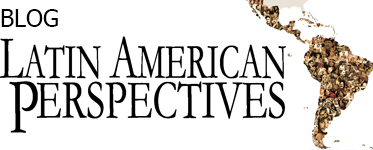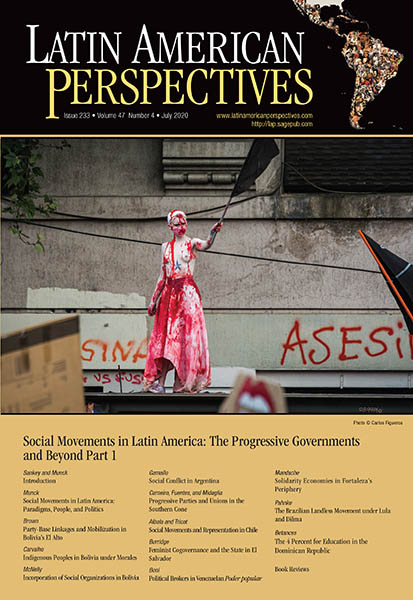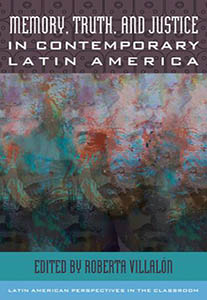COVID-19 y la coexistencia con la vida silvestre: un debate necesario
Por Mariela Díaz Sandoval | Aug. 6, 2020 Bastaron pocas semanas de confinamiento forzoso, provocado por la pandemia del COVID-19, para que los seres humanos nos sorprendiéramos ante el avistamiento inusual de ejemplares de la vida silvestre. A pesar de algunas fake news que circularon al respecto (Daly, 2020), llamó la atención un video que capturó a una ballena realizando majestuosos saltos en la Bahía de Acapulco. En el mismo sentido, distintas playas de México presenciaron bioluminiscencia, proceso que se traduce en un bello resplandor color turquesa (Heras, 2020), que remite a la extraordinaria Life of Pi, de Ang Lee, obra maestra donde, precisamente, se replantea la relación entre la vida salvaje y el ser humano. Más allá de las hermosas instantáneas y videos bajo la frase “los animales recuperan lo que les pertenece”, el impacto del COVID-19 que, se presume, será catastrófico en distintas esferas de la convivencia humana, provoca legítimas preguntas sobre la génesis de la pandemia. La experiencia actual nos remonta al AH1N1, una cepa de la gripe porcina que tuvo su epicentro en México, y cuyo primer contagiado fue un niño de cinco años, vecino de la estadounidense Granjas Caroll (filial ubicada en La Gloria, Oaxaca) (Granados Chapa, 2009). El [...]




